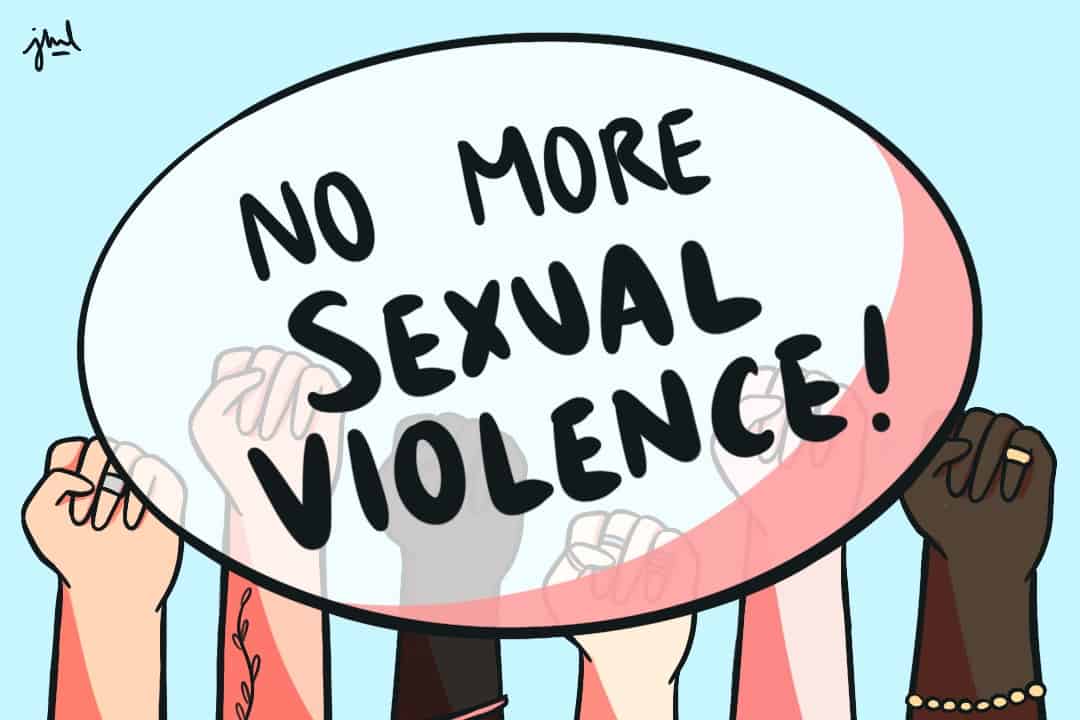In June, the US Supreme Court overturned Roe v Wade, a landmark court ruling that conferred the constitutional right to an abortion in the US. This drastic decision sparked outrage around the world and ignited a global conversation on bodily autonomy.
When reflecting on gender inequality in Canada, it’s not hard to see that Canada has its own turbulent history of gender inequality that needs to be recognized. Meanwhile, sexual violence is the only violent crime in Canada that is not currently declining. Although sexual violence and gender-based violence are not synonymous, it is important to recognize that sexual violence is often rooted in gender inequality.
The history of sexual violence and harassment in Canada extends to university campuses, and U of T is no exception. Reports of sexual assault at U of T and other Canadian universities prompt the question: what actions has the university taken to prevent sexual violence on campus?
The PEARS Project at U of T
The Prevention, Empowerment, Advocacy, Response, for Survivors (PEARS) Project is a trauma-informed coalition that a group of students started to support survivors of sexual violence at U of T. The organization specifically addresses survivorship, and explicitly offers its support to all survivors, regardless of their gender identity.
For victims of sexual assault, it is essential that they have a place at U of T where they feel safe and comfortable enough to share their experiences. The PEARS Project hopes to create such a community. The group tackles many issues, including bringing awareness to the Red Zone.
The Red Zone is a six to eight week period at the beginning of the school year during which more that 50 per cent of campus sexual assaults occur. In addition to their other initiatives, the PEARS Project is taking steps, such as providing peer support and sharing resources, to help reduce the prevalence of sexual violence during the Red Zone.
To support survivors of sexual violence, the PEARS Project also works closely with the Dandelion Initiative. The Dandelion Initiative is an organization that supports victims of gender-based violence and provides safe spaces for healing, such as survivor-centric support sessions to U of T students. However, the Dandelion Initiative recently announced that it is closing on December 1, 2022 after seven years of providing support to the Toronto community.
Gender-based violence is a national problem
Although the PEARS Project is primarally designed to address sexual violence, solving issues of sexual and gender-based violence on campus may go hand-in-hand, because the two phenomena intersect. However, sexual violence and gender-based violence still require national attention.
According to Statistics Canada in 2019, 15 per cent of women at postsecondary institutions in Canada have experienced sexual violence. This statistic is higher for students who identify as part of the LGBTQ+ community or live with a disability.
In Canada, violence against Indigenous women is one of the most pressing issues when it comes to gender-based violence, as Indigenous Canadian women are 12 times more likely to be murdered or go missing than any other woman in Canada.
The large number missing and murdered Indigenous women and girls prove that there needs to be more discourse on the causes of gender-based violence in Canada. We need to identify the steps that should be taken, both socially and politically, to address gender-based violence in Canada.
There’s no question that the efforts of organizations like the PEARS Project that support survivors of sexual violence and gender-based violence are essential at U of T. However, I believe that we still have a long way to go before we can honestly say there is gender equality in Canada.
Sherissa Mohammed-Ali is a fourth-year student at St. Michael’s College pursuing a Health and Disease Specialist and Immunology Minor.
Editor’s note (January 21): Due to an editing error, a previous version of this article incorrectly claimed that the PEARS project was not specifically designed to address gender-based violence.


